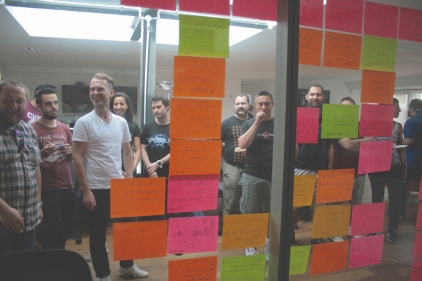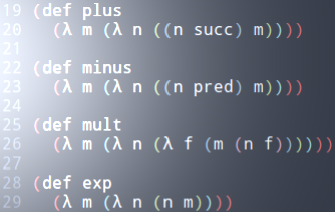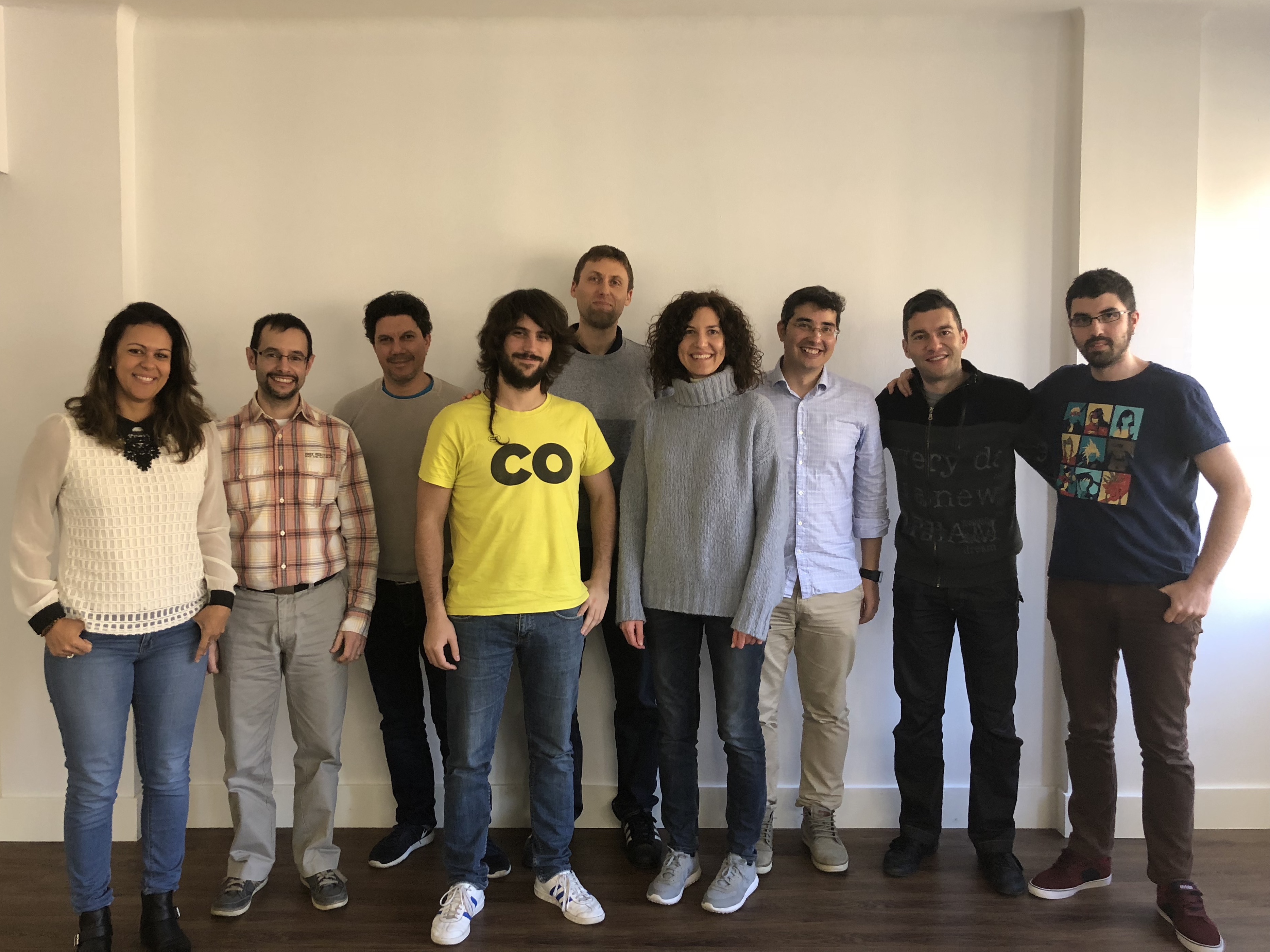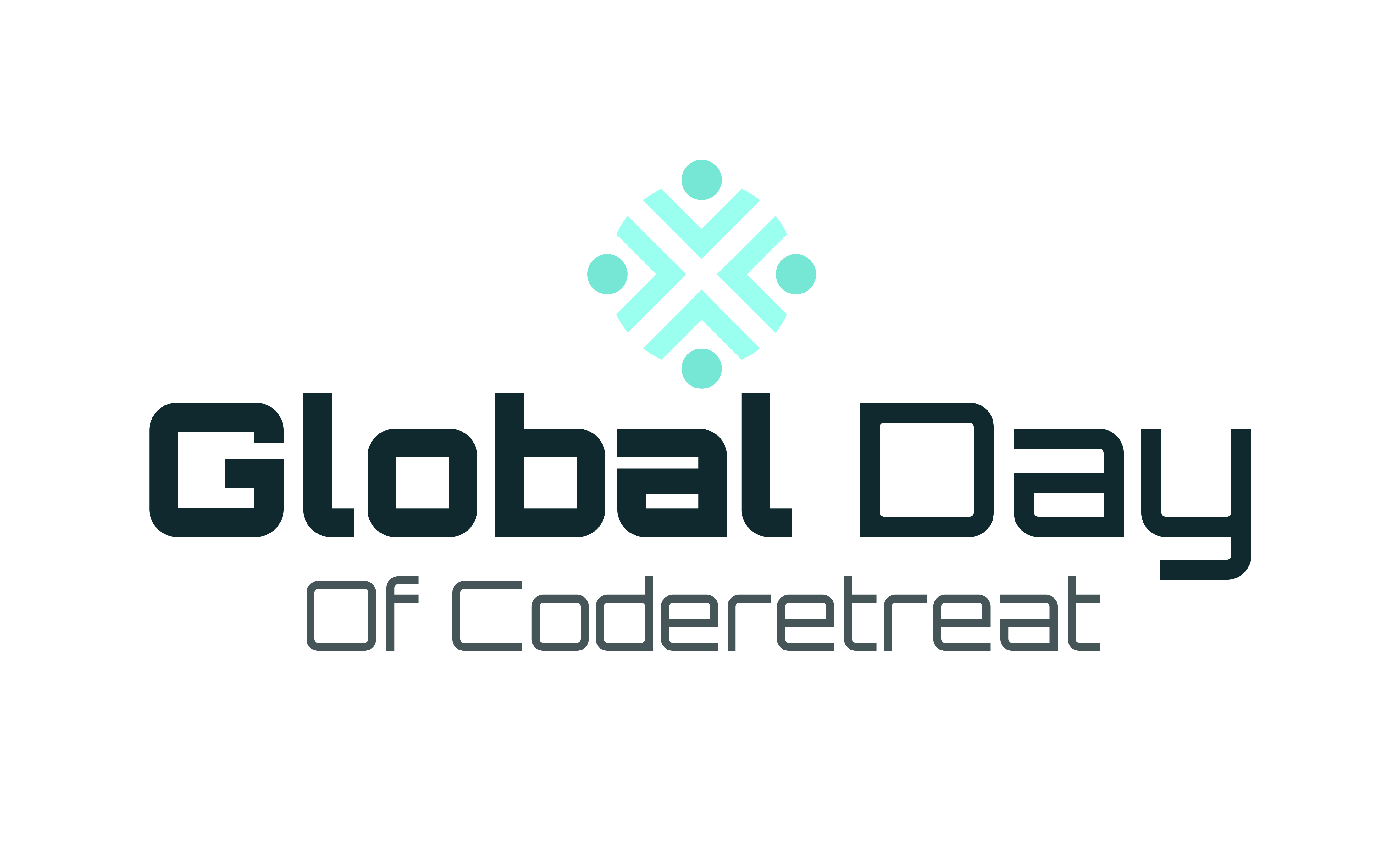CAREER OPEN HOUSE | 31st Jan, 7pm
We’re hiring Java and .NET Craftspeople in London & Barcelona. Come and meet us at our Career Open House on 31st January to learn more.
Setting up Rust development environment using VSCode on a Mac
- By Cyryl Płotnicki
- Posted 26 Nov 2017
- rust vscode
This post is a part of the upcoming series on different ways of setting up your Rust development environment. It's time for VSCode.
Completion and highlighting
While on Linux VSCode with the Rust plugin seems to work more or less out of the box, on a Mac I needed to spend some time configuring it.
First things first though, let's start by installing Rust version manager, rustup.
curl https://sh.rustup.rs -sSf | sh
We will be using nightly version of rust as to have one version that can compile all of our tools. This is mostly due to clippy requiring a nightly compiler.
rustup install nightly
rustup default nightly
We will need Rust Language Server to provide the code completion.
rustup component add rls-preview --toolchain nightly
rustup component add rust-analysis --toolchain nightly
rustup component add rust-src --toolchain nightly
For a more wholesome experience, please have some tools as well:
cargo install clippy rustfmt rustsym
Now finally, for the VSCode itself, press cmd-p and ext install vscode-rust. I'm using the new Rust extension as Rusty Code has been discontinued.
If you're lucky - that's it, you should have working completion and highlighting in Rust files. Check this by opening any Rust source code file. If you're greeted by this message: You have chosen RLS mode but neither RLS executable path is specified nor rustup is installed - then we need to get the extension to get to know your setup a bit:
In VSCode go to Settings using cmd-, and put the following config elements there:
{
"rust.cargoPath": "/Users/yourusername/.cargo/bin/cargo",
"rust.cargoHomePath": "/Users/yourusername/.cargo",
"rust.rustfmtPath": "/Users/yourusername/.cargo/bin/rustfmt",
"rust.rustsymPath": "/Users/yourusername/.cargo/bin/rustsym",
"rust.rustLangSrcPath": "/Users/yourusername/.rustup/toolchains/nightly-x86_64-apple-darwin/lib/rustlib/src/rust/src",
"rust.mode": "rls",
"rust.rls": {
"executable": "/Users/yourusername/.cargo/bin/rls",
"useRustfmt": true
}
}
As the paths in the config need to be absolute, remember to adjust to your situation (system username) accordingly.
Now when you reload and start editing a Rust file you should see RLS: Analysis finished on the bottom bar and the completion and highlighting should all work. Yay !
Building and testing
VSCode has a system of tasks that we can leverage to run the build and test from within VSCode. If you go to Tasks->Configure tasks it will create an empty tasks.json file in your repository. Change it to the following to allow for cargo to be hooked up as your build tool and test runner.
{
"version": "2.0.0",
"tasks": [
{
"label": "build",
"type": "shell",
"command": "cargo build",
"group": {
"kind": "build",
"isDefault": true
},
"problemMatcher": []
},
{
"label": "test",
"type": "shell",
"command": "cargo test",
"group": {
"kind": "test",
"isDefault": true
}
}
]
}
You can use cmd-shift-b to run the build now.
Debugging
For the native debugger to work we need to install another extension to VSCode called 'LLDB Debugger'. That would be cmd-p and ext install vadimcn.vscode-lldb.
After reloading VSCode you should be able to set breakpoints on the side gutter and run the program using debugger by pressing F5. First time doing this will result in the debugger choice window. Choose LLDB Debugger as your debugger and you will be greeted with a JSON configuration file in which you need to tell the debugger a few details on your project. It may look like this:
{
"version": "0.2.0",
"configurations": [
{
"type": "lldb",
"request": "launch",
"name": "Debug",
"program": "${workspaceRoot}/target/debug/name_of_your_executable",
"args": [],
"cwd": "${workspaceRoot}",
"preLaunchTask": "build"
}
]
}
And that should be it !
Now you should be able to set breakpoints and debug through the code.
Start the debugging session by pressing F5 again - this should result in the build proceeding and then the debugger launching.
Questions ?
Any questions ? Ask on https://users.rust-lang.org/ and ping me the link to the post on Twitter or email it to me at cyryl@codurance.com. This way the answer will be visible to everyone in the community.
Keep on Rusting !

We're hiring!
Enjoying this article?
Related Blogs
Setting up IntelliJ for Rust
- Dan Cohen
Recent Blogs
Lambda Calculus in Clojure (Part 2)
- Sergio Rodrigo Royo
One Year of Codurance Barcelona
- Guillem Fernandez
Functions
- Christian Panadero Martinez
Applicative Functors and data validation, part II
- Carlos Morera de la Chica
Living a Coderetreat as a facilitator
- Raquel M Carmena
Tetris - Failed Experiment: Next Steps
- Dan Cohen

Software is our passion.
We are software craftspeople. We build well-crafted software for our clients, we help developers to get better at their craft through training, coaching and mentoring, and we help companies get better at delivering software.
Latest Blogs
One Year of Codurance Barcelona...
Functions
Useful Links
Contact Us
London EC1V 0JR
Phone: +44 207 4902967
Carrer Aragó, 208
08011, Barcelona
Phone: +34 689 723 737
Email: hello@codurance.com








